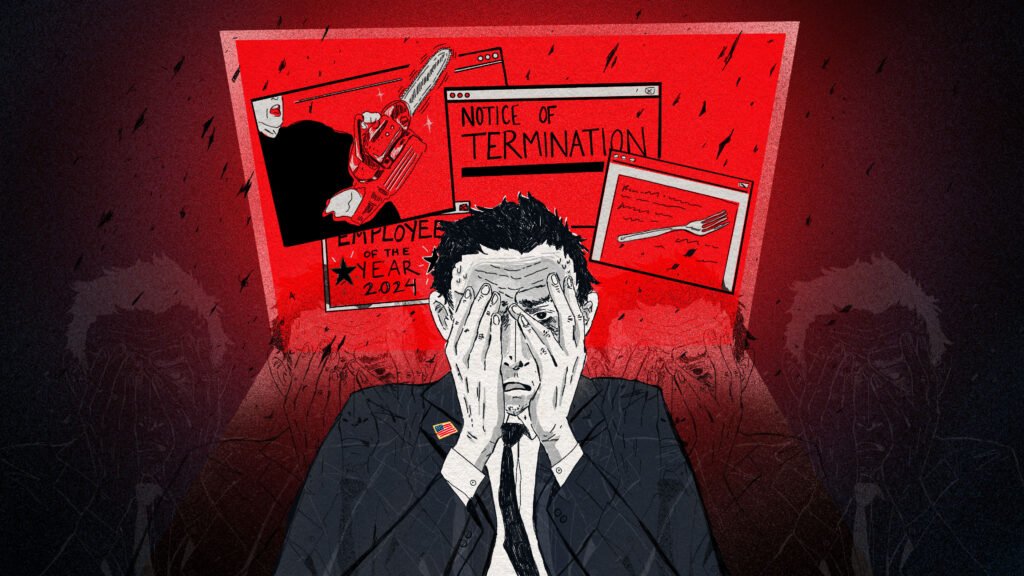The impact of federal workforce purges on employees has been devastating, with many workers abruptly losing their jobs and facing challenges with mental health. One National Institutes of Health employee, focused on Alzheimer’s and dementia research, described feeling hopeless after being terminated under false allegations of poor performance. The emotional toll has been immense, leading to feelings of anxiety, depression, and a loss of purpose.
The negative rhetoric from President Trump and Elon Musk towards federal workers has only added to the distress. Musk’s Department of Government Efficiency has spearheaded mass firings, claiming without evidence that there are “dead” people on the government payroll. The ongoing firings have left federal employees feeling overwhelmed, demoralized, and uncertain about their future.
The long-lasting impacts of job loss on individuals, families, and communities are well-documented. Unemployment can lead to increased anxiety, depression, and even suicide risk. Children of unemployed parents are more likely to struggle in school and face barriers to higher education. The stability of neighborhoods and communities can also be affected as unemployed individuals withdraw from social and civic life.
The erosion of job security in the public sector has shattered a long-standing norm, leaving federal workers feeling vulnerable and uncertain. The constant fear of being fired next creates chronic stress, which can have serious health consequences. For many federal workers, losing their jobs also means losing access to health insurance, making it difficult to seek care during a time of heightened mental and emotional distress.
The stories of federal workers like Andrew Hazelton, who was abruptly fired from the National Oceanic and Atmospheric Administration, highlight the lack of humanity in the mass firings. The instability caused by the purges has left many workers struggling to make ends meet and uncertain about their future. The impact of these actions extends beyond the individual workers to their families and communities.
As federal agencies continue to deliver plans for large-scale staff reductions, the mental health implications of these mass layoffs are a growing concern. The need for support and resources for affected federal workers is crucial to help them navigate this challenging and uncertain time.


